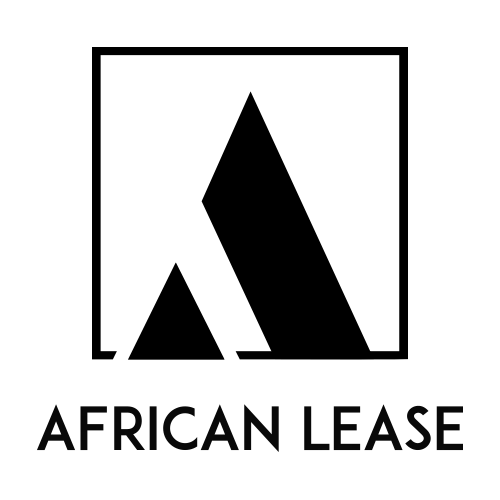Overview
West African countries primarily export raw, unprocessed agricultural and mining products. According to the website of the Economic Community of West African States (ECOWAS), “Cocoa and cocoa food preparations (5% of exports), precious stones (3%) and secondarily cotton, edible fruit, rubber, plastics, wood and wood products, fish and shellfish (about 1% each), form together with fuel, the major export products of the West African Economic Community”. In contrast, imports consist primarily of produced items. According to ECOWAS, the economic community's member states import predominantly automobiles, tractors, cycles, and other vehicles, machinery, mechanical appliances and boilers, machinery and electrical appliances, cereals, plastics, ironwork, iron and steel, cast iron, steel, pharmaceuticals, and seafood.
Importing most manufactured products causes serious deficits in the trade balance of our West African nations and exacerbates the region's endemic social and economic problems. West Africa's greatest challenge in 2022 remains the development of value chains capable of lifting its economy and closing the gap with so-called "developed" economies. Successfully tackling this major challenge will have a significant positive impact on the economic, cultural, and social climate of the countries in the zone, as well as the lives of their citizens. Some French-speaking West African countries, notably Gabon, Benin, Togo, Côte d'Ivoire and Chad, made progress by establishing specialized economic zones within their states with the assistance of Arise.
The ambitions of specialized economic zones
Arise IIP designs “tailor-made solutions to enable the sustainable and local transformation of raw materials, boost exports, and promote trade”.
Through its integrated economic platforms, Arise IIP aims to achieve two goals:
- Contribute to the development of more competitive economies and more equitable societies for tomorrow, helping achieve greater income equality in Africa.
- Shift Africa from a global commodity supplier to a global manufacturing powerhouse.
To achieve these goals, specialized economic zones are designed on the model of public-private partnerships, a mechanism that allows the introduction of new foreign capital into the country to enable real and sustainable industrial development without putting additional financial pressure on its economy. In exchange, investors benefit from highly competitive administrative, fiscal and customs facilities.
Economic impact of integrated platforms
Integrated industrial platforms are anticipated to have multiple economic benefits for the nations in which they are developed. The first is the creation of local employment opportunities. Added to this is the development of value chains for agricultural export products such as soya, cotton and wood, as well as the creation of local industries in sectors such as metallurgy or textiles. This domestic industrialisation should provide new export channels and invigorate international trade, allowing individuals to purchase previously imported and taxed goods at cheaper prices. In addition, the competitiveness of rural environments is targeted, as local industrial platforms are expected to provide growers and farmers more appealing purchasing rates than those offered by foreign buyers.
However, industrialization means environmental impacts, social responsibility and economic viability. Have or will villages be relocated? What are the consequences for small businesses that previously imported goods from abroad? Wouldn't the opportunity of higher incomes motivate the creation of industrial farms that would threaten the survival of rural or small-scale farmers and herders? Does the population feel an improvement in the daily availability of locally produced goods and the prices charged by retailers? These are some of the questions that lead to the determination of indicators for measuring the real economic impact of an integrated industrial platform. It is vital to measure the positive effects and identify the levers that can amplify them, as well as the negative effects and the levers that can mitigate them.
Excellence is part of a team of international experts led by Dalberg and tasked with developing a dynamic economic model to assess the socioeconomic effects of integrated industrial platforms in many French-speaking African countries (West and Central). Our work focuses on the impact of the Adétikopé Industrial Platform (PIA) on the Togolese economy.



